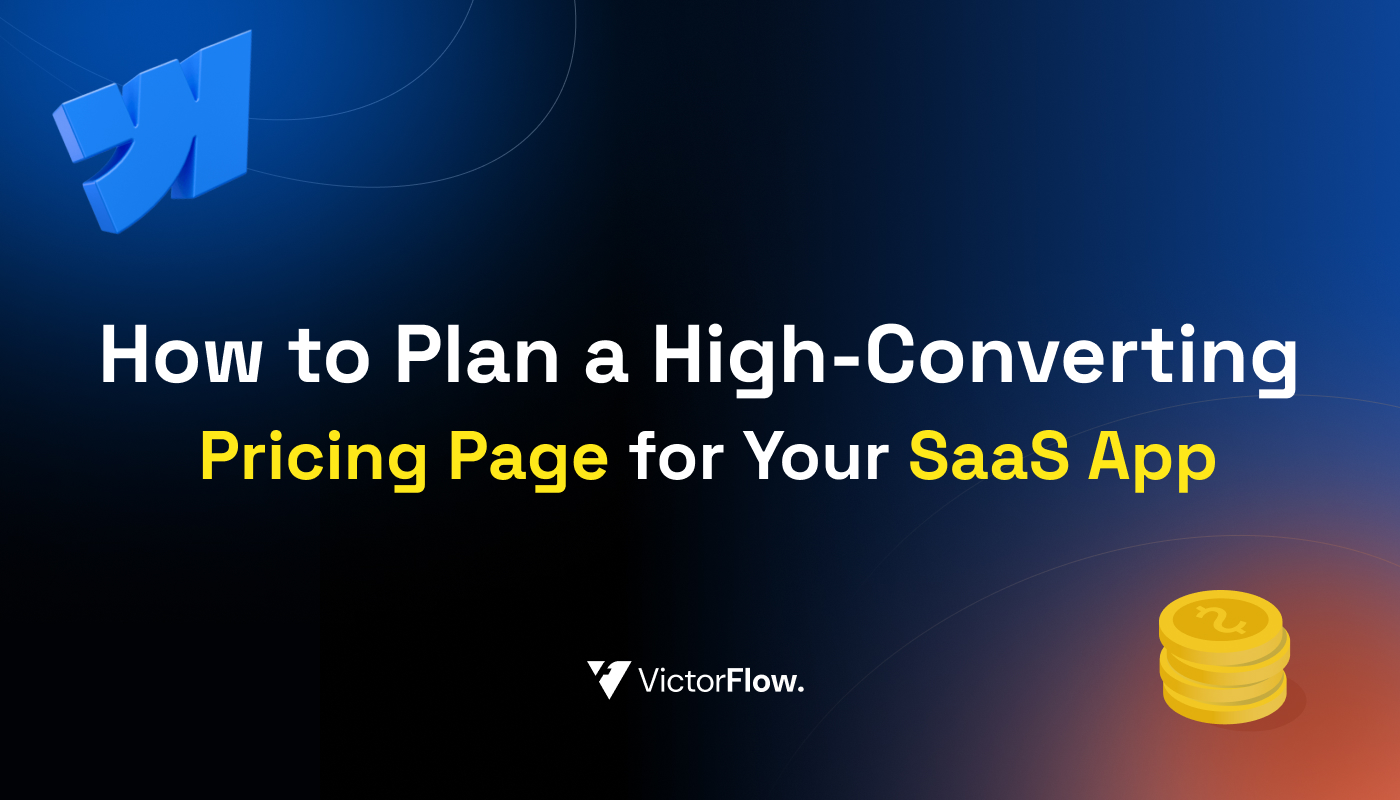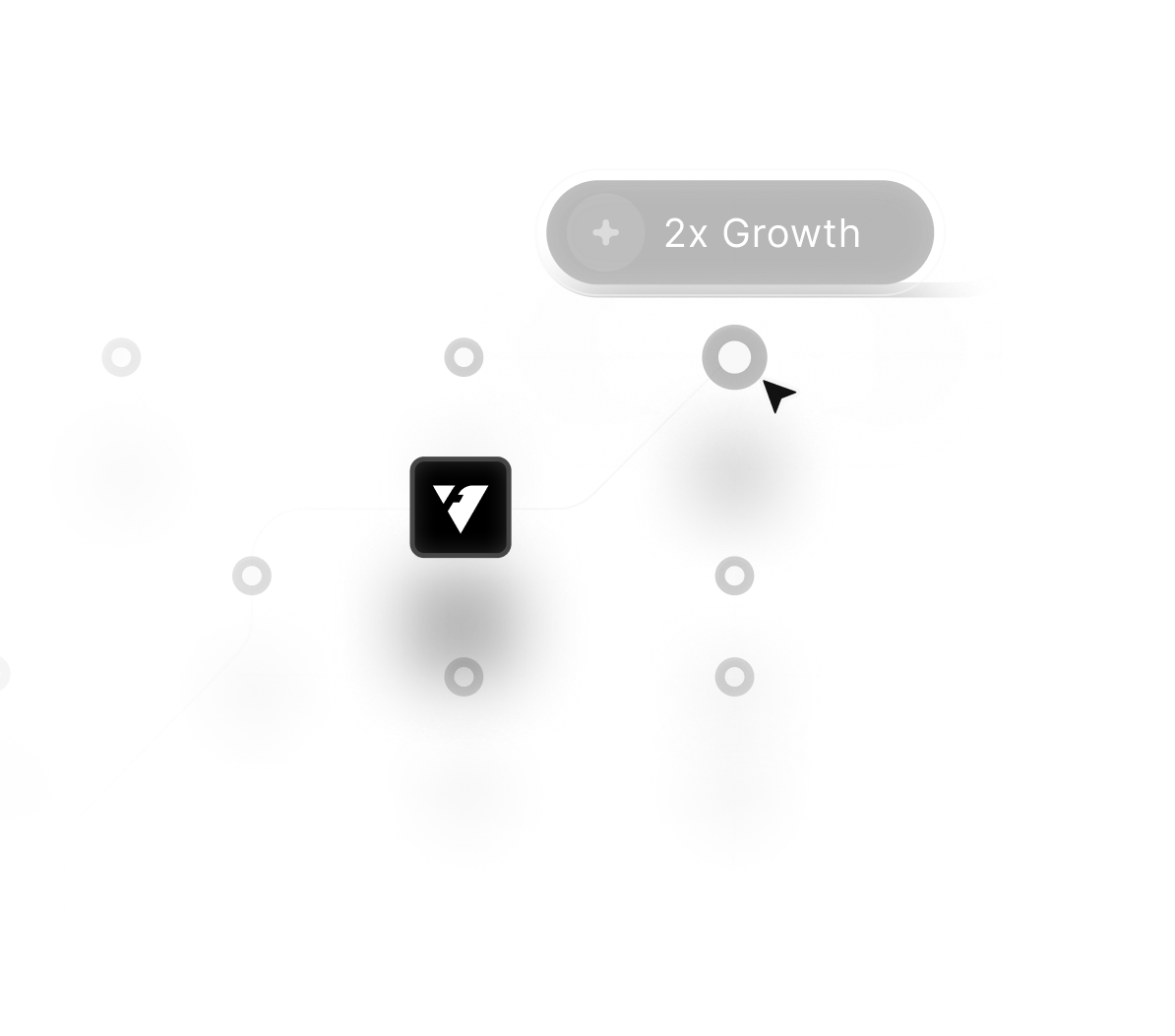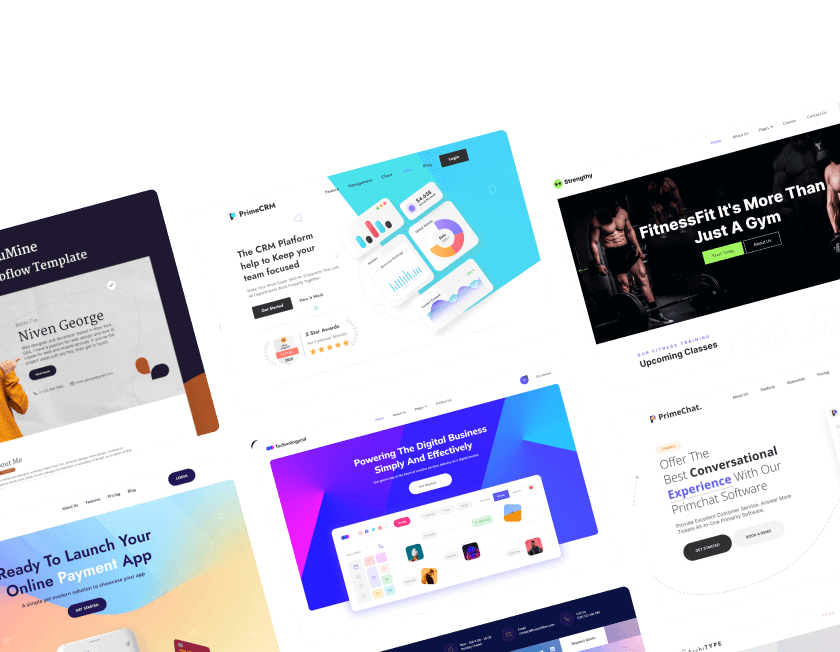How Travel Agencies Can Use SEO and Website Techniques to Land More Clients in 2026

Travel agencies operate in a fast-moving industry where visibility determines how often clients discover destinations, compare experiences, and trust expertise. Digital presence shapes the way travelers evaluate options, making SEO one of the strongest tools for positioning travel brands in competitive search results.
Optimized websites help agencies highlight packages, itineraries, and travel styles while connecting directly to clients searching for tailored trip guidance. Strong keyword research supports discovery by targeting destinations, travel types, seasonal offers, and budget-friendly choices aligned with user intent.
High-value blog posts provide insights travelers look for, improving trust by answering questions and offering guidance that reflects agency expertise. Modern website layouts help simplify navigation, improve browsing comfort, and guide visitors clearly toward contact forms, bookings, and package inquiries.
Local search visibility helps travel agencies attract nearby clients seeking personalized planning, consulting sessions, or specialized destination support. Fast page performance increases visitor satisfaction by delivering quick access to destination photos, package details, and planning tools.
"Drive more travel bookings instantly.
Book a guidance call for personalized SEO support."
Table of Contents
- Importance of SEO For Travel Agencies
- Optimizing Your Google Business Profile to Attract Clients
- Enhancing User Experience (UX) on Your Website
- Utilizing Content Marketing Strategies
- Leveraging Social Media For Client Engagement and Growth
- Utilizing Online Reviews and Testimonials
1. Importance of SEO For Travel Agencies

Why SEO Matters?
Search Engine Optimization (SEO) boosts your travel agency's visibility on search engines. For online travel agencies, effective SEO ensures that when potential clients search for travel services, your Agency Appears at the Top of the results.
Benefits of SEO
Optimizing your website for search engines enables travel agencies to:
- Reach a Broader Audience: Attract more visitors actively searching for travel options.
- Increase Organic Traffic: Drive more potential clients to your site without paid ads.
- Enhance Brand Visibility: Stand out in a competitive market and establish your agency as a go-to travel resource.
SEO Strategies For Travel Agencies
- Keyword Research: Use tools like Google Keyword Planner to discover relevant SEO keywords, such as "affordable vacation packages" or "luxury travel deals," that potential clients are using.
- On-Page SEO: Optimize your website by:
- Incorporating targeted keywords in your page titles, meta descriptions, and headers.
- Ensuring your website is user-friendly and mobile-responsive to enhance user experience.
- Content Creation: Develop engaging content such as:
- Travel Guides: Create detailed guides about popular destinations (e.g., “Top 10 Destinations for 202”).
- Blog Posts: Write posts that address common travel questions (e.g., “How to Travel on a Budget”).
- Destination Highlights: Showcase unique experiences in different locations, integrating relevant keywords throughout.
Expected Results
By implementing these SEO strategies, travel agencies can achieve:
- Improved Search Rankings: Higher visibility in search results.
- Increased Website Traffic: More visitors leading to greater potential bookings.
- Higher Inquiries and Bookings: Converting traffic into actual clients.
2. Optimizing Your Google Business Profile to Attract Clients

Importance of a Google Business Profile
A Google Business Profile (GBP) allows travel companies to manage their online presence across Google Search and Maps. For travel agencies, a well-optimized GBP is crucial for showcasing services and connecting with potential clients actively searching for travel options.
Benefits of an Optimized GBP
An optimized GBP can:
- Increase Local Visibility: Enhance your agency's presence in local search results, making it easier for clients to find you.
- Provide Essential Information: Offer potential clients key details like your location, operating hours, and contact information.
How to Optimize Your GBP
- Complete Your Profile: Ensure all sections are filled out, including:
- Business Name: Use your official business name.
- Address: Include your physical location for local searches.
- Phone Number: Provide a contact number for queries.
- Website: Link to your agency's website.
- Hours of Operation: Clearly state when you're open for business.
- Add High-Quality Images: Use attractive images to showcase:
- Your agency’s services.
- Team members.
- Satisfied clients enjoying their travels. High-quality visuals create an inviting atmosphere.
- Post Updates Regularly: Keep your profile fresh by sharing:
- Travel Tips: Offer insights that can help travelers plan their trips.
- Promotions: Announce special deals or packages.
- News: Share updates about your agency or the travel industry. Engaging content encourages interaction and keeps potential clients informed.
Expected Results
By optimizing your Google Business Profile, you can achieve:
- Increased Local Visibility: More clients discovering your agency in their local area.
- Higher Engagement Rates: Improved interaction with potential clients through posts and updates.
- More Client Inquiries: Converting increased visibility and engagement into actual client bookings.
3. Enhancing User Experience (UX) on Your Website

What is User Experience?
User experience (UX) refers to how easy and enjoyable it is for visitors to Interact with your Travel Agency's Website. A positive UX can greatly influence a user’s decision to book your services.
Benefits of a Positive UX
Improving UX can lead to:
- Lower Bounce Rates: Keep visitors on your site longer by making it easy to find information.
- Higher Conversion Rates: When clients easily access the information they need, they are more likely to engage with your agency and complete bookings.
Strategies to Improve UX
- Website Design:
- Professional Look: Use a clean, modern design that aligns with your brand identity.
- Clear Navigation: Implement intuitive menus and easy-to-find calls to action (CTAs) to guide users effortlessly through your site.
- Speed Optimization:
- Fast Loading Times: Ensure your pages load quickly to reduce frustration. Utilize tools like Google PageSpeed Insights to identify and address performance issues.
- Mobile Responsiveness:
- Mobile-Friendly Design: Optimize your website for mobile devices, as a significant portion of users search for travel options on their phones. Test your site on various devices to ensure full functionality.
Expected Results
By enhancing the user experience on your website, you can expect:
- Increased Engagement Rates: More users will interact with your content and services.
- More Inquiries: Enhanced user satisfaction leads to higher chances of clients reaching out.
- Higher Booking Completion: A seamless UX increases the likelihood of users finalizing their travel bookings.
4. Utilizing Content Marketing Strategies

What is Content Marketing?
Content marketing is about making and sharing useful content to attract and connect with your target audience. For travel agencies, this means producing content that resonates with potential clients and meets their travel needs.
Benefits of Content Marketing
Effective content marketing can:
- Position Your Agency as an Expert: Establish your travel agency as a trusted authority in travel planning.
- Build Trust: By providing valuable information, you increase the likelihood that potential clients will choose your agency for their travel needs.
How to Implement Content Marketing
- Blogging:
- Create Informative Posts: Start a blog featuring travel tips, destination highlights, and personal travel stories.
- SEO Optimization: Use relevant keywords, such as “best family vacation destinations” or “budget travel tips,” to enhance visibility on search engines.
- Social Media:
- Share Your Content: Post your Blog Articles and travel-related content on social media platforms to reach a broader audience.
- Engage with Users: Foster interaction by responding to comments and encouraging shares to create a community around your brand.
- Email Marketing:
- Regular Newsletters: Send newsletters that include travel deals, tips, and personalized content tailored to your audience's interests.
- Keep Your Audience Informed: Share updates and valuable resources to maintain engagement with potential clients.
Expected Results
By executing a well-planned content marketing strategy, you can expect:
- Increased Website Traffic: More visitors will come to your site to read your valuable content.
- Stronger Client Relationships: Engaging content helps build loyalty and trust with potential clients.
- Higher Conversion Rates: Providing valuable information can lead to more inquiries and bookings.
5. Leveraging Social Media For Client Engagement and Growth

What is Social Media Marketing?
Social media platforms provide a unique opportunity for travel agencies to connect with clients, showcase offerings, and build a loyal community. Effective social media marketing enhances brand visibility and drives client engagement.
Benefits of Social Media Marketing
Social media allows travel agencies to:
- Interact in Real Time: Engage with potential clients instantly through comments and messages.
- Share Engaging Content: Promote special offers and provide valuable travel information.
- Build a Strong Presence: A robust social media following can lead to more inquiries and bookings.
How to Utilize Social Media Effectively
- Choose the Right Platforms:
- Target Audience Focus: Identify where your ideal clients are most active. Platforms like Instagram, Facebook, and TikTok are popular for travel content.
- Create Engaging Content:
- Visual Appeal: Share eye-catching images and videos of destinations, travel experiences, and agency offerings.
- Diverse Formats: Use features like stories, reels, and live sessions to provide a mix of content that keeps your audience engaged.
- Engage with Your Audience:
- Responsive Interaction: Promptly reply to comments, messages, and mentions to foster a sense of community.
- User-Generated Content: Encourage your followers to share their travel experiences through contests or challenges, creating authentic engagement and valuable content.
Expected Results
By leveraging social media effectively, sustainable travel agencies can expect:
- Increased Brand Awareness: More visibility among potential clients leads to greater recognition of your agency.
- Stronger Client Relationships: Enhanced engagement fosters loyalty and builds trust with your audience.
- Higher Bookings: A well-executed social media strategy can directly result in more inquiries and business growth.
6. Utilizing Online Reviews and Testimonials

What are Online Reviews and Testimonials?
Online reviews and testimonials are powerful tools for Building Credibility and Trust with potential clients. They reflect the experiences of previous customers and can significantly influence the decisions of new clients.
Benefits of Online Reviews
- Enhance Reputation: Positive reviews boost your agency's reputation and can lead to increased bookings.
- Improve SEO Ranking: High-quality reviews can enhance your visibility on search engines, making it easier for potential clients to find your services.
How to Utilize Online Reviews Effectively
- Encourage Reviews:
- Ask for Feedback: After a successful trip, request satisfied clients to leave reviews on platforms like Google, Yelp, or your own website. Provide direct links to simplify the process.
- Showcase Testimonials:
- Prominent Display: Feature positive testimonials on your website and social media. Consider creating a dedicated testimonials page to highlight client experiences and stories.
- Respond to Feedback:
- Engage with Clients: Actively respond to reviews, whether positive or negative. Acknowledging feedback demonstrates that you value client opinions and are committed to improving your services.
Expected Results
By leveraging online reviews and testimonials, travel agencies can expect:
- Increased Trust: Building credibility through authentic client experiences encourages potential clients to choose your agency.
- Enhanced Online Reputation: A strong collection of positive reviews boosts your agency's image and attracts more inquiries.
- Higher Client Acquisition: Ultimately, a well-managed review strategy can lead to more bookings and business growth.
Conclusion
Travel agencies benefit from SEO by reaching clients who are actively researching destinations, planning trips, and comparing booking choices. Search optimization strengthens visibility, helping agencies stand out among competitors while presenting services in a clear, engaging format.
High-quality travel content builds trust by offering practical advice, destination insights, and valuable information for decision-making travelers. Local SEO improves regional discovery by helping clients connect with agencies that provide personalized planning and curated itineraries.
Fast website performance ensures smooth browsing through galleries, travel descriptions, and package highlights, improving user experience. Well-structured pages guide visitors toward booking forms and consultation requests, increasing inquiries and supporting consistent conversions.
Targeted keywords help agencies appear during peak search seasons, reaching travelers interested in tours, holidays, and curated experiences. Backlink growth improves credibility, signaling trustworthiness to both search engines and clients seeking reliable travel partners.

FAQ
1. How important is SEO for travel agencies in 202?
SEO is essential for driving organic inquiries, improving visibility, and capturing travelers searching for planning support.
2. What type of keywords work best for travel agencies?
Destination names, travel styles, seasonal trips, and package-specific phrases attract highly interested travelers.
3. How often should travel agencies update their website?
Consistent updates help maintain search performance and keep travel offers fresh for returning visitors.
4. What role does blogging play in travel SEO?
Blog articles boost rankings by covering destinations, tips, guides, and frequently searched topics travelers rely on.
5. How valuable is local SEO for travel agencies?
Local visibility helps agencies attract clients looking for nearby experts who provide personalized trip planning.
6. What website features help increase client inquiries?
Clear CTAs, strong navigation, fast loading, package highlights, and compelling visuals encourage travelers to reach out.
Table of Contents
Choose Our Service, Grow Fast!
Follow Us
Related Posts

February 27, 2026
Create outstanding streaming websites in 2026 using 10+ premium Framer templates, crafted for speed, responsive performance, and high-quality content engagement.
Create outstanding streaming websites in 2026 using 10+ premium Framer templates, crafted for speed, responsive performance, and high-quality content engagement.


Plan a high-converting pricing page for your SaaS app. Discover best practices, successful SaaS pricing pages & examples. Boost conversion now!
Plan a high-converting pricing page for your SaaS app. Discover best practices, successful SaaS pricing pages & examples. Boost conversion now!


February 25, 2026
Routine Webflow maintenance strengthens site reliability through clean updates, optimized performance, and structured improvements that support growth throughout 2026 and beyond.
Routine Webflow maintenance strengthens site reliability through clean updates, optimized performance, and structured improvements that support growth throughout 2026 and beyond.

Ready to Scale Your Project to the Next Level?
Let's take your project to new heights, reach out and see how we can help you.




















